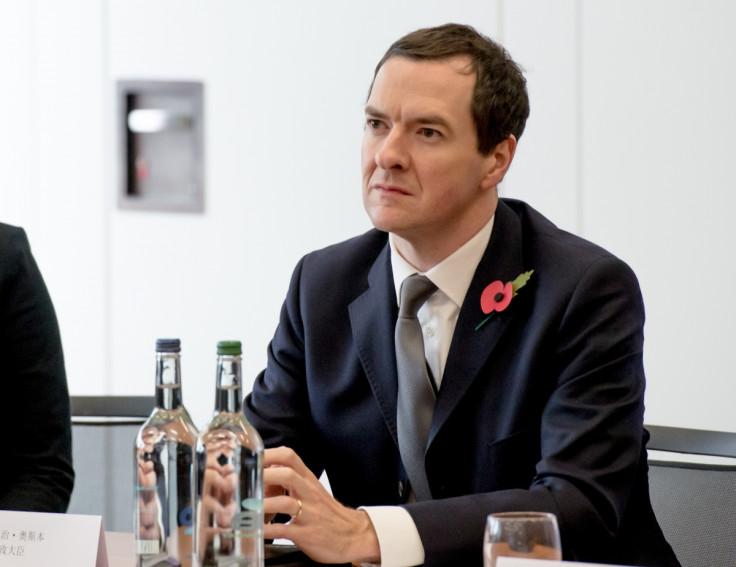Autumn Budget statement: Osborne plans to announce 2% council tax rises to plug social care holes

Chancellor George Osborne is set to allow councils to raise council tax by an extra 2% in the face of a social care funding crisis. The measure, which could raise up to £2bn by 2020 for residential care homes, is likely to be announced in the government's Autumn Statement on Wednesday, 25 November.
On a Council Band D property, paying annual council tax of £1,400, the additional cost would be £28. If a council decided to levy the increase, then the money could be spent only on social care. This proposed precept is despite the Coalition government passing legislation that forces local authorities to hold a referendum if they plan to increase council tax by more than 2%.
Writing for the Telegraph, Alan Milburn, a former Labour government health secretary, said that cuts to local authorities' residential care homes budgets over the last few years, means that funding can be as low as £2 per hour per resident. This means that the number of beds in care homes is falling.
"In the last year 3,000 care home beds have been lost at a time when the demands from an ageing population are rising," Milburn said. "The consequence is that more older people will end up in hospital beds which, on average, cost twice as much as a nursing home bed. That is financial madness and would merely intensify pressures on an already over-stretched NHS".
Other financial issues are the risk of large care home businesses becoming insolvent – as when Southern Cross collapsed in 2011 – and central government being forced to intervene to ensure continued care for residents.
The NHS is expected run at deficit of £2.2bn in the 2015-2016 financial year. This is not a material percentage percentage of the total budget of £115bn and does not represent a genuine financial crisis, particularly in the context of government funding as a whole - a point overlooked by most commentators. However the shortfall is fuelling huge political and administrative rows, because an NHS budget shortfall is unprecedented.
The social care precept could be seen as another step towards devolution of central government funding and budgets. At the Conservative party conference in October, ministers announced that local authorities will have discretion to alter business tax rates from 2020.
© Copyright IBTimes 2025. All rights reserved.




















